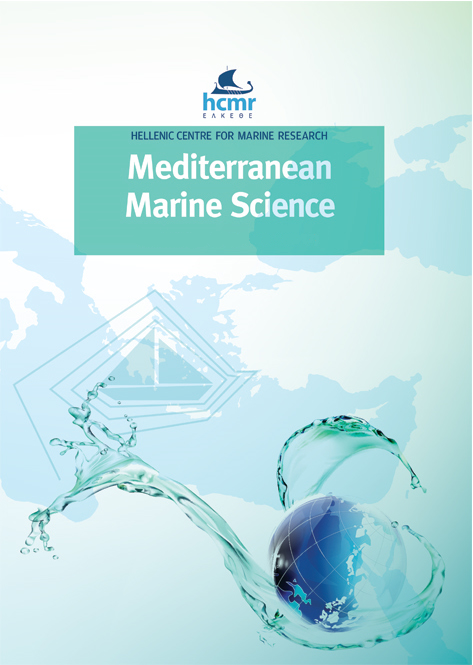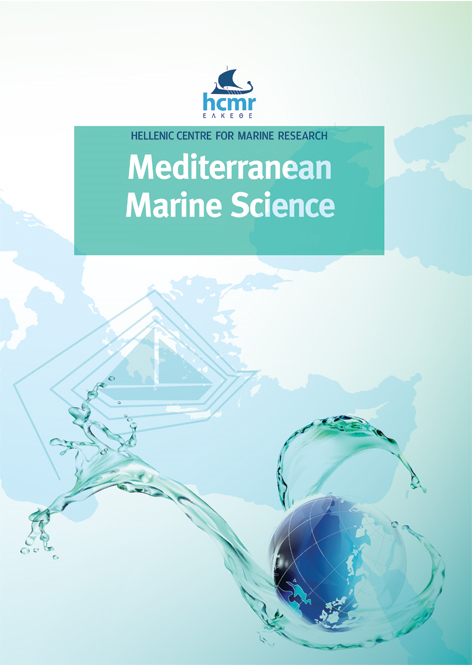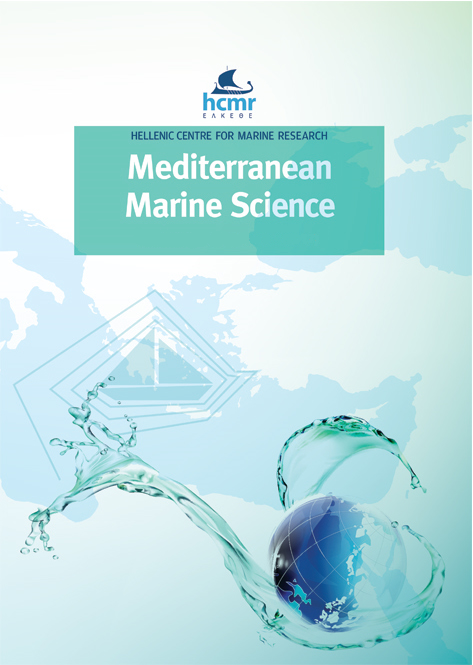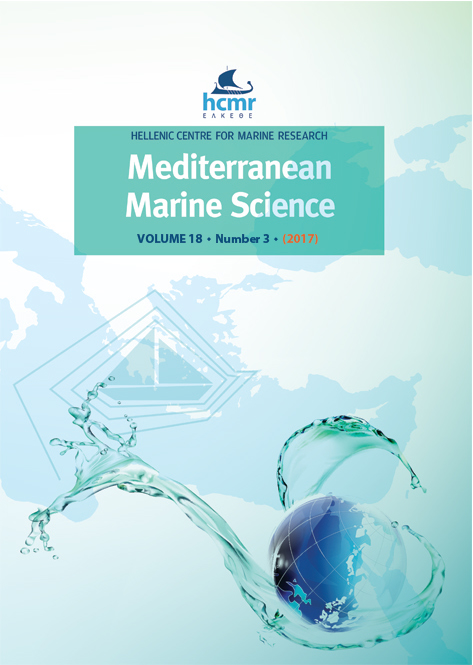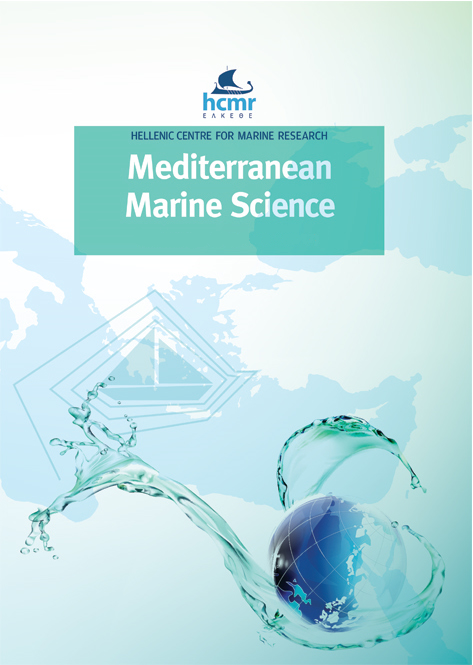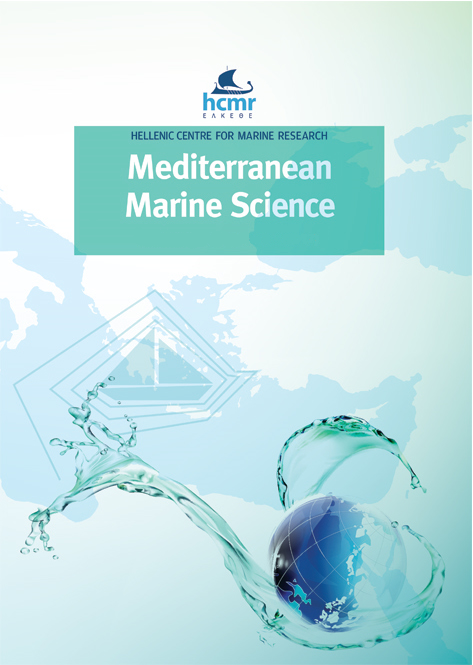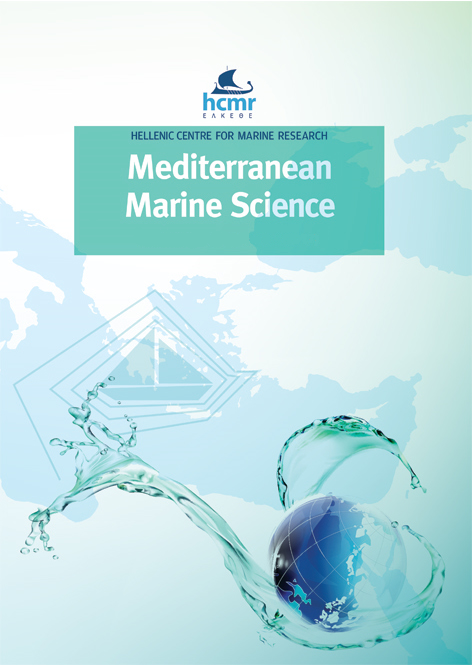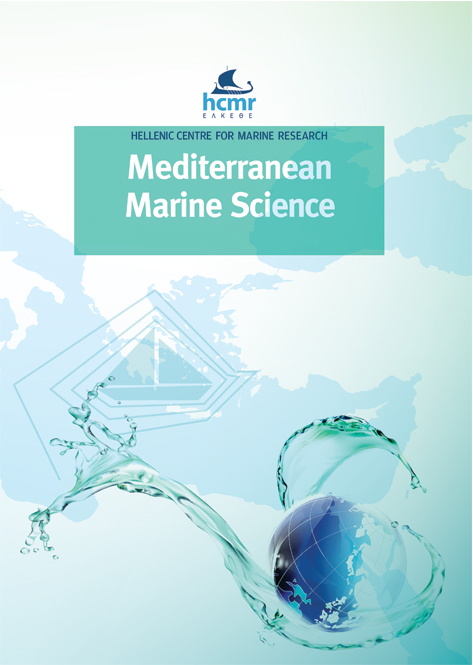First checklist of free-living marine nematodes from the Israeli coast of the Mediterranean
Аннотация
This study presents an inventory of free-living marine nematodes from the deep waters of the southeastern part of the Levantine Basin. The meiofauna of this area, particularly the free-living marine nematodes, have been poorly investigated; hence, the present study has regional zoo-geographic importance. To fill this knowledge gap, nematodes were collected from the upper 0-3 cm sediment horizon from a transect located perpendicular to the Israel coast off Tel Aviv, with depths ranging between 76 and 1400 m. Our sampling yielded a diverse assemblage of nematodes representing 65 species belonging to 54 genera and 22 families. About 38% of the species have been previously reported in the Mediterranean; the remaining 62% are reported for the first time. A taxonomic checklist provides information on the worldwide distribution of the encountered species. This checklist provides a baseline for understanding the nematode community in this region and serves as a valuable resource for future studies.
Article Details
- Как цитировать
-
HARBUZOV, Z., TOM, M., DANOVARO, R., GAMBI, C., CARUGATI, L., LUBINEVSKY, H., & LAMPADARIOU, N. (2024). First checklist of free-living marine nematodes from the Israeli coast of the Mediterranean. Mediterranean Marine Science, 25(2), 287–299. https://doi.org/10.12681/mms.35375
- Раздел
- Research Article
Authors who publish with this journal agree to the following terms:
- Authors retain copyright and grant the journal right of first publication with the work simultaneously licensed under a Creative Commons Attribution Non-Commercial License that allows others to share the work with an acknowledgement of the work's authorship and initial publication in this journal.
- Authors are able to enter into separate, additional contractual arrangements for the non-exclusive distribution of the journal's published version of the work (e.g. post it to an institutional repository or publish it in a book), with an acknowledgement of its initial publication in this journal.
- Authors are permitted and encouraged to post their work online (preferably in institutional repositories or on their website) prior to and during the submission process, as it can lead to productive exchanges, as well as earlier and greater citation of published work (See The Effect of Open Access).

